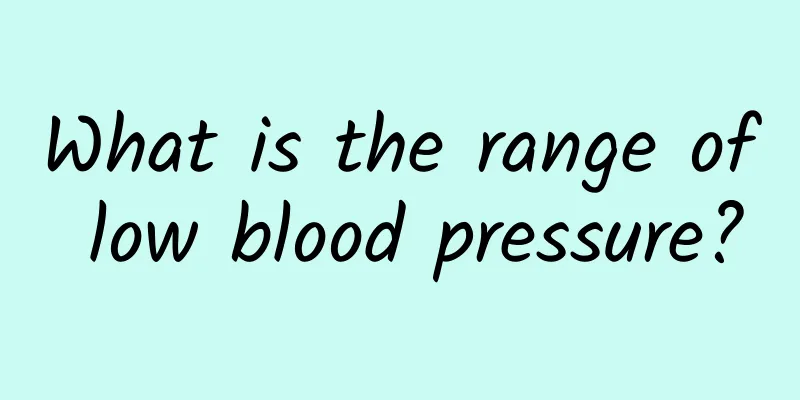Causes of tachycardia

|
There are many reasons that can cause tachycardia, which may be physiological or pathological. If it is pathological, everyone must pay great attention to it, seek medical treatment in time, use correct medication, and never ignore it, otherwise it will cause a bigger disease and it will be irreversible. Generally, pathological tachycardia cannot be moved at will, so when this happens, it is best for people around you to help. If it is physiological tachycardia and the situation is not serious, you should pay more attention to the details of life. Some people are busy with work and need to deal with various occasions. They cannot avoid drinking and smoking a lot, which can easily lead to tachycardia. Then you need to control yourself as much as possible and avoid it. Tachycardia may also occur after excessive exercise and physical labor, or when you are suddenly very excited. In this case, you need to have a good rest and try to calm yourself down, which can alleviate the tachycardia. Let's take a closer look at the causes of tachycardia. A heart rate of more than 100 beats per minute in an adult is called tachycardia. There are two types of tachycardia: physiological and pathological. An increased heart rate when running, drinking, doing heavy physical labor, or being emotionally excited is called physiological tachycardia; if tachycardia is caused by diseases such as high fever, anemia, hyperthyroidism, bleeding, pain, hypoxia, heart failure, and cardiomyopathy, it is called pathological tachycardia. Causes 1 Physiological factors: Physical activity, emotional excitement, full meals, strong tea, coffee, smoking, drinking, etc. can excite the sympathetic nerves and increase the heart rate. Pathological factors (1) Heart failure: Heart rate often increases, especially in the early stages of heart failure. (2) Hyperthyroidism: Most patients with hyperthyroidism have sinus tachycardia, with a heart rate generally between 100 and 120 beats/min. In severe cases, the heart rate may reach 120 to 140 beats/min. (3) Acute myocardial infarction: The incidence of sinus tachycardia during acute myocardial infarction can reach 30% to 40%. (4) Shock: Shock can cause sinus tachycardia. In mild shock, the heart rate can reach more than 100 beats/min; in severe shock, the heart rate is even faster and can exceed 120 beats/min. (5) Acute myocarditis: Most patients may experience sinus tachycardia that is disproportionate to the increase in body temperature. (6) Other organic heart diseases: all of them may cause sinus tachycardia (7) Anemia, fever, infection, hypoxia, autonomic dysfunction, and post-cardiac surgery can all lead to sinus tachycardia. (8) Drugs: epinephrine and atropine can also cause sinus tachycardia Everyone basically understands the causes of tachycardia. If it often causes tachycardia, you should seek medical attention in time. After all, heart problems cannot be ignored. Only by protecting the heart can the health of the body be maximized. |
<<: Symptoms of hand, foot and mouth disease in children
>>: What is the pain in my heart?
Recommend
Why does stomach pain occur after moxibustion?
Most women prefer to maintain their health, and t...
Signs and symptoms of calcium deficiency in children
Children's growth and development are particu...
How to treat dreaming at night
Dreaming a lot at night will affect your normal r...
What are the traditional Chinese medicines for reducing internal heat?
There are many ways to reduce false heat. We can ...
What to do if you have back pain from sitting for a long time
People who sit for long periods of time will find...
How to treat nighttime bruxism
Many friends will suffer from nocturnal teeth gri...
What are the symptoms of kidney deficiency?
Kidney deficiency is the name of a disease in Tra...
What causes purple spots on the body?
When people find some purple spots on their bodie...
The best time for a second caesarean section
We all know that cesarean section is more harmful...
Cleanse your lungs and quit smoking, these three recipes can be eaten regularly
Smoking is harmful to human health to a certain e...
What to do if baby's eczema is scratched
Eczema is a relatively common disease among infan...
What causes abdominal pain during menstruation?
During menstruation, women will experience some d...
The best way to treat tinea cruris
Tinea cruris is a common skin disease, just like ...
Eczema on the instep
Eczema is a disease that can occur throughout the...
How to judge whether breasts can still grow
Breasts are an important symbol of women. If the ...









